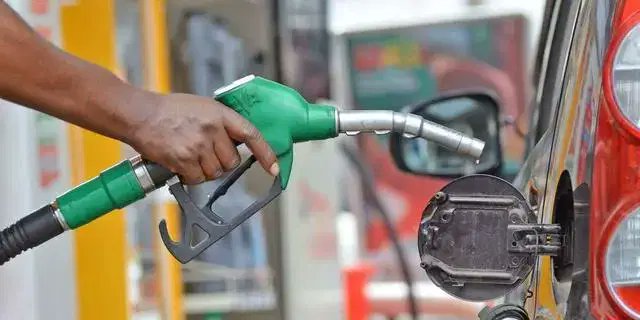Business
Petrol Price Shock: Private Depots Hike Fuel to N900/Litre Amid Global Oil Surge

Private oil depots in Nigeria have raised the price of petrol to N900 per litre, citing rising crude oil prices and other global market factors. The increase, which took effect recently, has sparked concerns about the impact on transportation costs and the overall economy.
According to industry sources, the price hike is a direct result of rising international crude oil prices, fluctuations in foreign exchange rates, and the cost of importation. The global oil market has experienced volatility in recent months, with crude oil prices climbing due to supply constraints and geopolitical tensions. These factors have made it more expensive for oil marketers to import refined petroleum products, leading to higher pump prices.
The development comes amid ongoing discussions about fuel subsidy removal and deregulation of the petroleum sector in Nigeria. Since the government ended the fuel subsidy in 2023, petrol prices have been determined by market forces, making them susceptible to fluctuations in global oil prices and exchange rate instability. The naira’s depreciation against the dollar has further compounded the issue, as oil importers require foreign currency to purchase refined petroleum products.
Many fuel stations have begun adjusting their pump prices in response to the changes at private depots. Some retailers are reportedly selling petrol for between N850 and N900 per litre, depending on location and supplier. This has led to concerns among consumers and businesses, as higher fuel prices are expected to increase transportation costs and the prices of goods and services.
Transport operators have already signaled potential fare increases, which could put additional strain on commuters. Many Nigerians rely on public transportation for daily movement, and higher fares could reduce disposable income and increase the cost of living. Small businesses, especially those dependent on fuel for generators due to inconsistent electricity supply, are also expected to feel the impact.
Economic analysts warn that the rising fuel costs could contribute to higher inflation, which has been a major challenge in Nigeria. Inflation has remained high in recent months, driven by factors such as food prices, foreign exchange rates, and transportation costs. The latest increase in petrol prices is likely to add more pressure on households and businesses.
Meanwhile, the Nigerian National Petroleum Company Limited (NNPC) has not officially commented on the latest price adjustments. However, industry stakeholders have called for government intervention to stabilize fuel prices and address the challenges in the petroleum sector. Some experts argue that boosting local refining capacity through functional refineries would reduce dependence on imported fuel and help mitigate price fluctuations.
The Dangote Refinery, which recently began operations, has been seen as a potential solution to Nigeria’s fuel supply challenges. The refinery, once fully operational, is expected to reduce the country’s reliance on imported petrol and possibly stabilize local fuel prices. However, it may take time before its full impact is felt in the market.
For now, Nigerians are bracing for the effects of higher petrol prices on daily expenses. With no immediate relief in sight, consumers and businesses will have to adjust to the rising cost of fuel, which could have broader implications for the country’s economic outlook.
